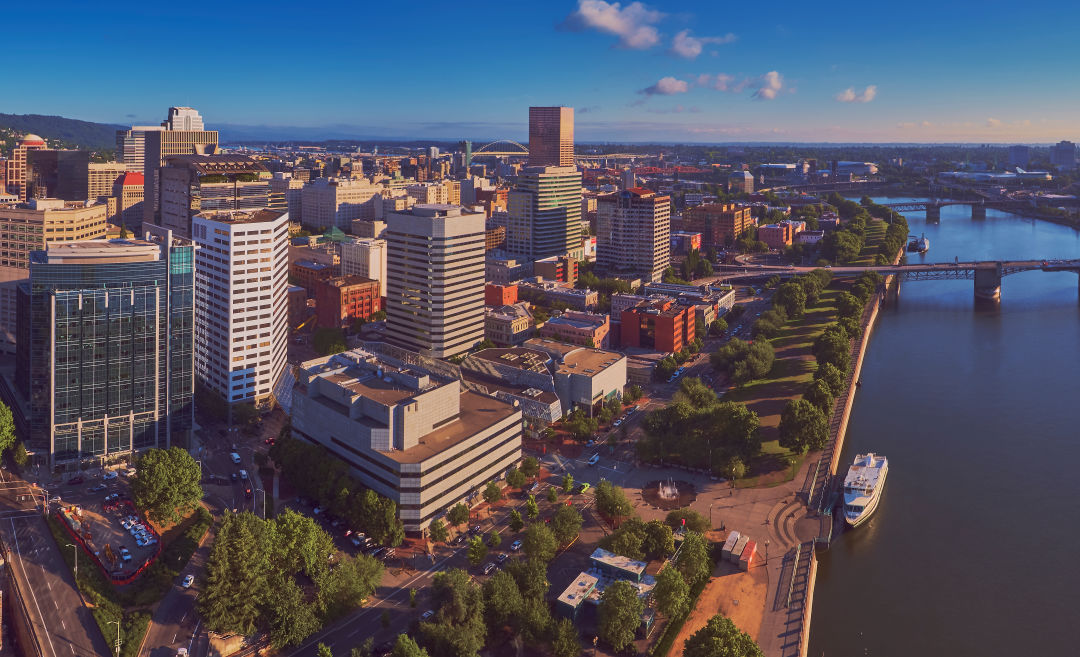The Pacific Northwest Heat Wave Caused At Least 54 Deaths in the Portland Area

According to a joint statement by Multnomah County Public Health Director Jessica Guernsey and county health officer Dr. Jennifer Vines, the county had developed an extreme heat response plan” but that “no one predicted a heat event of this magnitude at this time.”
The historic heat wave that shattered temperature records in Pacific Northwest resulted in at least 54 heat-related deaths (formally ruled hyperthermia deaths) in Multnomah County, according to a preliminary report released by the county. Another 17—totaling 71—are suspected hyperthermia deaths.
Lack of air conditioning was a “key driver in mortality,” according to the report, which points to the fact that none of the individuals who died between June 28 and July 7 had central air conditioning. Only 15 percent of people who died had a portable air conditioning unit in their home—and of those people only one had a fully functioning unit. More than half only had a fan.
Warm overnight temperatures—which caused indoor temperatures to peak around 11 p.m. most nights and made it harder to cool homes without air conditioning—over consecutive days were another primary driver of heat-related illness, hospital visits, and deaths. According to the report, “more people died from the June 2021 heat wave in Multnomah County than died from heat in the entire state of Oregon in the past 20 years.”
Of those who died, most were white males above the age of 45. The average age was 70. All but four individuals in the preliminary investigations were identified as white, and most died in their own residence. Seventy-eight percent of people who died lived alone, and at least four people died in apartment buildings owned by Home Forward or Central City Concern. Two individuals who died were homeless.
According to a joint statement by Multnomah County Public Health Director Jessica Guernsey and county health officer Dr. Jennifer Vines, the county had developed an extreme heat response plan” but “no one predicted a heat event of this magnitude at this time.”
“We used every intervention in our plan and several that we improvised in short order,” they wrote. “Yet as the deaths recorded here make clear, the devastating effects of climate disruption have arrived much faster than predicted. Our community must come together around both shorter- and longer-term strategies, from investing in cooler indoor spaces to reducing greenhouse gas emissions.”




